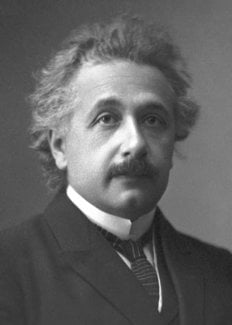
Albert Einstein’s Groundbreaking Theories: Revolutionizing Physics and Transforming Our Understanding of the Universe’s Fundamental LawsAlbert Einstein, one of the most influential scientists in history, reshaped our understanding of the universe through a series of groundbreaking...